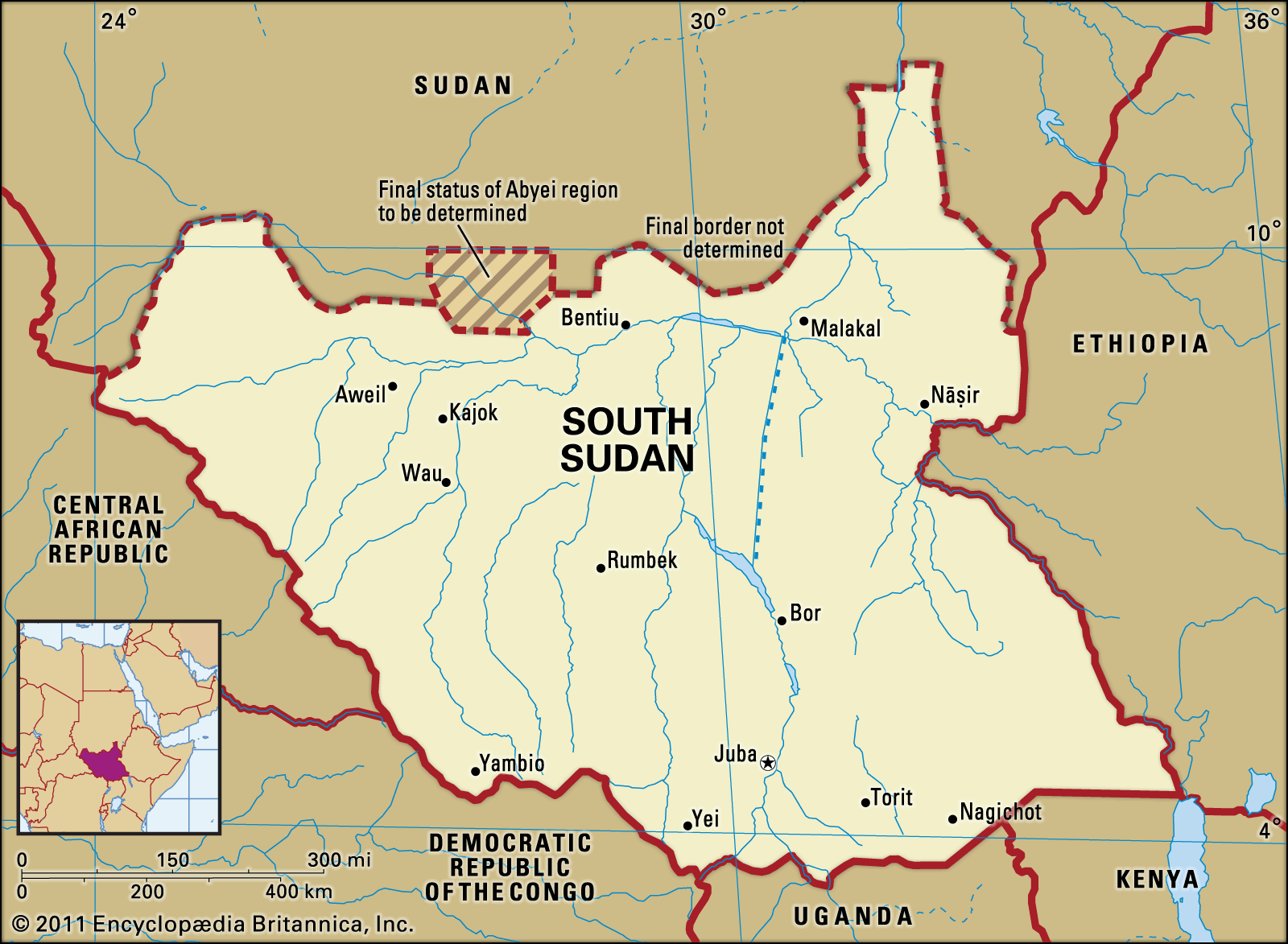South Sudan Sanctionable

It has been a while since we have posted, but we’re back by popular demand (actually, just one person’s polite request), and will try to begin posting on Sanctionlaw more often in 2020. We start off these renewed efforts by looking at OFAC’s recent designation of two senior officials of the Government of South Sudan.
Today, the United States Department the Treasury’s Office of Foreign Assets Control (“OFAC”) announced the designations of the Minister of Cabinet Affairs of the Government of South Sudan, Martin Elia Lomuro, and the Minister of Defense and Veteran Affairs of the Government of South Sudan, Kuol Manyang Juuk, pursuant to Executive Order 13664. Those designations were predicated on allegations that Lomuro and Juuk extended conflict in South Sudan, including by obstructing the reconciliation process and peace talks. The other purported reason for the designations was to target officials perpetuating conflict for purposes of personal enrichment. As a result of these designations, all property or interests in property of Lomuro and Juuk that are in the U.S. or come within the possession of U.S. persons or otherwise enter U.S. jurisdiction are blocked. This blocking also has the effect of preventing any provision to or receipt from Lomuro or Juuk of good or services by U.S. persons or otherwise involving the U.S. Further, non-U.S. persons can themselves be sanctions for materially assisting or supporting, for having acted for or on behalf of Lomuro or Juuk.
As readers of this blog may know, OFAC’s press releases announcing sanctions designations, in part, seek to highlight for the public, and to provide notice to the sanctioned party, as to what activity led to the designation–aka what conduct was sanctionable. Today’s designations found the following activity to be sanctionable under E.O. 13664:
- Recruiting and organizing militias to conduct attacks against opposition forces in South Sudan;
- Failure to remove military forces from the battlefield consistent with the September 2018 peace agreement reached between the South Sudan Government and the opposition in that country;
- Fomenting violence amongst rival tribes;
- Overseeing the training of tribal militias to prepare for the possibility of renewed violence; and
- Opposing the establishment of the Hybrid Court for South Sudan.
OFAC’s press release announcing these designations also contains additional language that we have seen in other press releases announcing sanctions designations. That language is:
“U.S. sanctions need not be permanent; sanctions are intended to bring about a positive change of behavior. The removal of sanctions is available for persons designated under E.O. 13664 who take concrete and meaningful actions to form a unity government in line with the agreed-upon terms of the peace agreement, refuse to take part in human rights violations or abuse, speak out against abuses committed by both the government and opposition, and combat corruption in and related to South Sudan.”
There are two interesting aspects of this language’s inclusion in the press release announcing Lomuro’s and Juuk’s E.O. 13664 designations. First, this language of sanctions not needing to be permanent is not found in all press releases announcing designations. Aside from its use with respect to today’s E.O. 13664 designations, I have only otherwise seen it used in the press releases announcing designations under the Venezuela sanctions program. Second, note that the change in behavior language here–with the exception of one example–calls for the designated parties to take steps in furtherance of U.S. national security and foreign policy interests, as opposed to merely refraining from engaging in activity contrary to those interests. Albeit, a subtle difference, it is an important one and underlies perhaps one of the most important philosophical changes in OFAC’s use of sanctions that we have seen over the last few years–i.e., that sanctions are not being used to prevent certain conduct by parties, but to promote sanctioned parties to act in furtherance of U.S. interests, mostly at the expense of their own interests or those of parties the sanctioned persons purport to represent.
The author of this blog is Erich Ferrari, an attorney specializing in OFAC matters. If you have any questions please contact him at 202-280-6370 or ferrari@falawpc.com.


